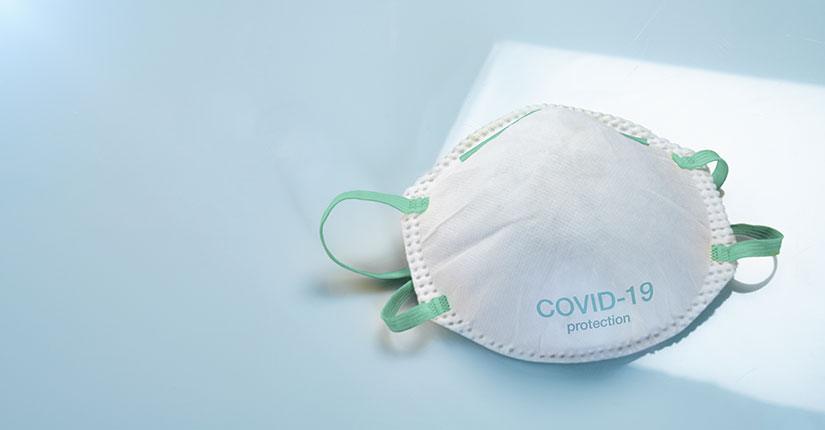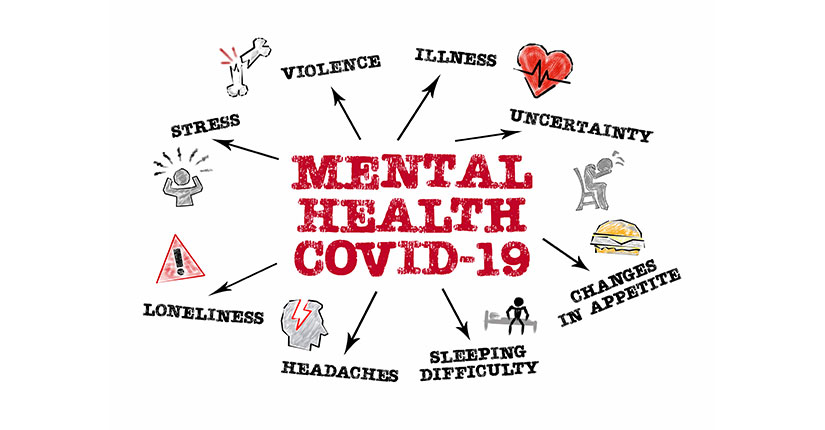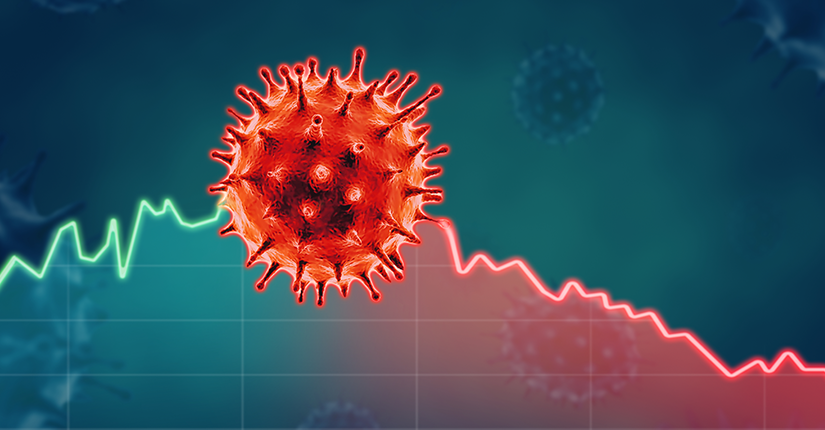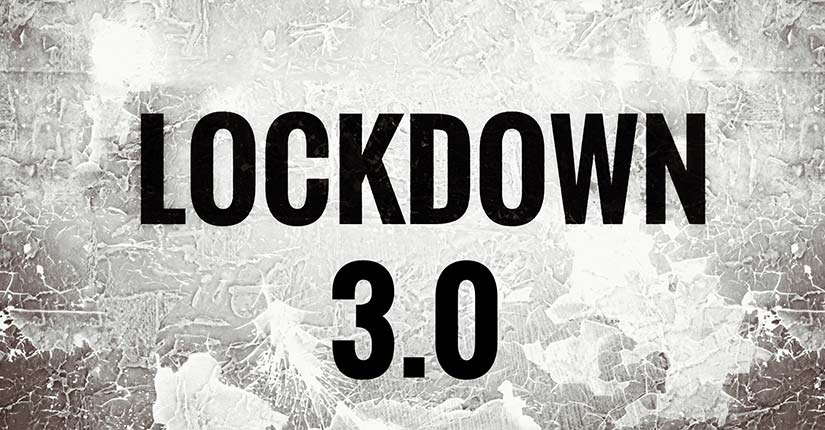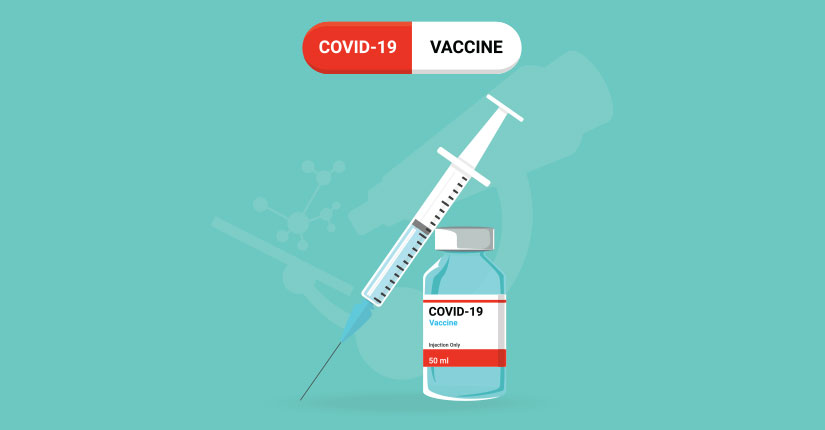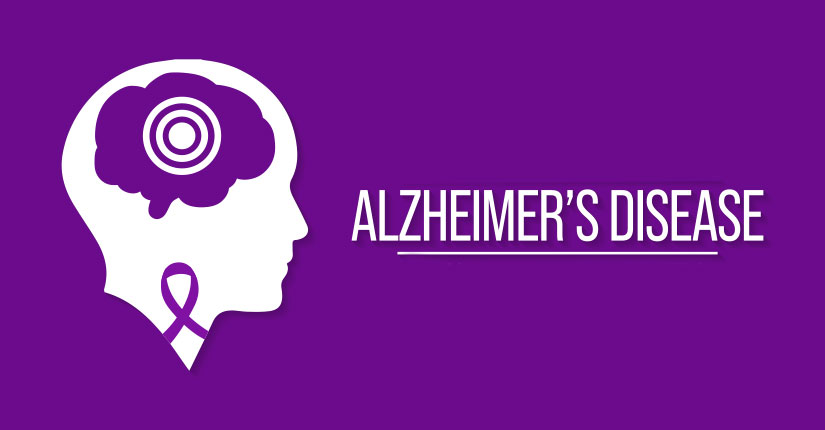A Study shows Low Levels of Vitamin D Can Increase the Risk of COVID 19
By Nmami Life Editorial 04-Aug 2020 Reading Time: 5 Mins
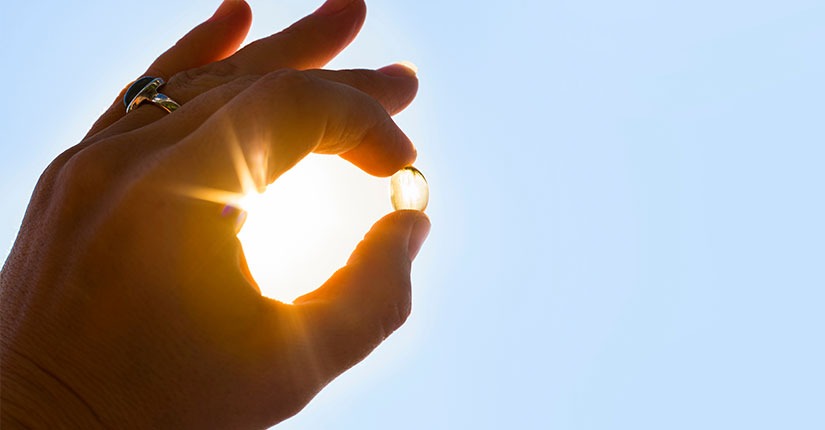
Even as the novel coronavirus continues to spread at an alarming rate around the world, scientists and medical researchers are trying their best to understand the novel contagion and come up with an effective vaccine. As of now, it has been established that people with a weakened immune system and co-morbidities appear to be more at risk of developing serious illness from the SARS-CoV-2. People who are at an increased risk of severe illness from COVID-19 include older adults, those battling chronic health conditions including cancer, chronic kidney disease, high blood pressure, obesity, cardiovascular conditions, diabetes and those with a compromised immune system.
Link between low levels of Vitamin D and likelihood of COVID infection
Now, a new association has been established between low levels of vitamin D in blood plasma and the likelihood of a COVID-19 infection. According to the Israeli researchers from the Leumit Health Services (LHS) and the Azrieli Faculty of Medicine of Bar-Ilan University, the main findings of the study shows a significant link between low levels of vitamin D and contracting coronavirus infection.
About the Israeli study
To conduct the study published in the FEBS Journal, the researchers analyzed vitamin D levels of 7,807 people, out of which 782 (10.1 %) were COVID-19 patients and the rest had tested negative for the infectious disease. The researchers studied the real-world data and found that those who had tested positive for COVID-19 had mean plasma vitamin D level significantly lower among those who tested positive than negative for COVID-19.
Impact of low levels of vitamin D
It should be noted that there was a significant association between low levels of vitamin D and the likelihood of COVID infection even after adjusting other factors such as gender, age, chronic mental and physical disorders and socioeconomic status. However, the link was less significant in case of hospitalization for the study patients with low vitamin D levels.
The findings of the study
According to Dr Eugene Merzon, who is the head of Leumit’s Department of Managed Care, “The main finding of our study was the significant association of low plasma vitamin D level with the likelihood of Covid-19 infection among patients who were tested for Covid-19, even after adjustment for age, gender, socio-economic status and chronic, mental and physical disorders.”
He further added, “Furthermore, low vitamin D level was associated with the risk of hospitalization due to Covid-19 infection, although this association wasn’t significant after adjustment for other factors.”
After analysing the findings of the study, the researchers had concluded that “low plasma 25(OH)D level appears to be an independent risk factor for COVID‐19 infection and hospitalization.”
Best sources of vitamin D
Vitamin D, also known as the sunshine vitamin, is produced by our body naturally when exposed to the sunlight. This is why at least 20 minutes of daily exposure to the sun could help in meeting your daily requirements of vitamin D. It is also present in ample amounts in fish, fortified milk and milk, egg yolks, mushrooms (when exposed to the sunlight) and orange juice.
What is the normal range of vitamin D?
According to a study published in National Center for Biotechnology Information (NCBI), “a desirable and safe range of serum 25(OH)D levels would be 30–100 ng/mL, while vitamin D sufficiency is defined as serum levels of 25(OH)D 30–32 ng/mL.”
Over to you
We recommend you to take good care of your Vitamin D levels and stay safe. Keeping your nutrition optimum by having a balanced diet and including some sort of physical activity everyday is the best way to stay fit.

